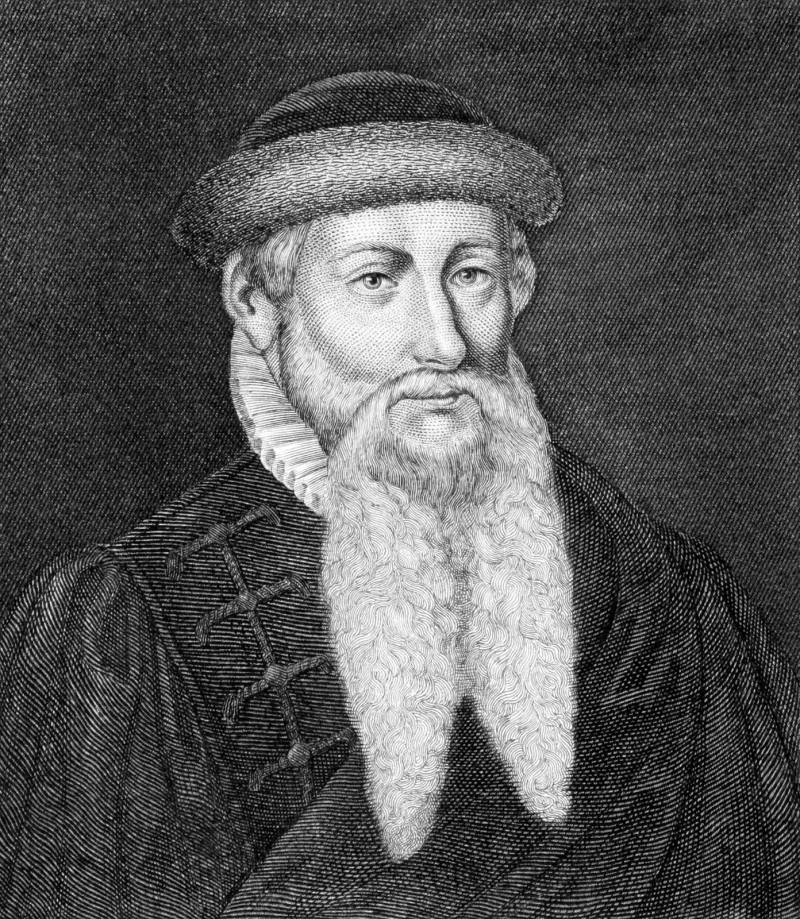Johannes Gutenberg is regarded as one of history's most influential people
There were only roughly 30,000 books in all of Europe before Johannes Gutenberg. His printing invention swiftly spread throughout Europe, and by 1500 printing presses, over 20 million volumes had been printed. In the 16th century, the output was believed to be between 150 and 200 million copies. For the first time, Gutenberg's invention made books available to ordinary people, boosted literacy, and ended the monopoly of the wealthy over education. It was crucial to the Renaissance, Reformation, Age of Enlightenment, and Scientific Revolution's development. The printing revolution, which began with Gutenberg's work, changed the organization of society, posed a challenge to religious institutions, and is seen as a pivotal event in the development of the modern age. Gutenberg's invention was named the most important of the second millennium by Time-Life magazine in 1997, while Johannes Gutenberg was named the most influential person of the second millennium by A&E Network in 1999.
The replacement of hand-operated Gutenberg-style presses with steam-powered rotary presses permitted printing on an industrial scale in the 19th century, while Western-style printing was adopted all over the world, eventually being the only option to print in large quantities. This was a significant advancement, allowing the middle class to purchase books for the first time in European history. Knowledge and education expanded like never before over the continent. The printing press spread quickly throughout Europe, and thousands of books were printed on printing presses in no time.












